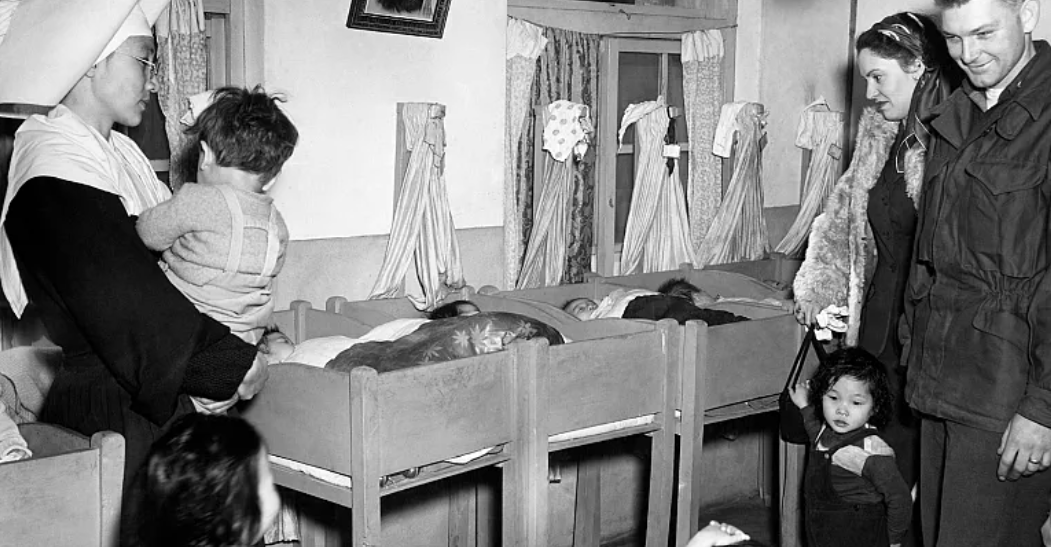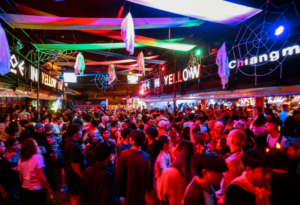In a significant development, Sweden’s main adoption agency, Adoptionscentrum, has announced the suspension of adoptions from South Korea following allegations of falsified papers concerning the origins of adopted children. This decision marks the end of a long-standing practice, as Swedes have been adopting children from South Korea since the 1950s. The move comes in response to a recent South Korean law on international adoptions, signaling a broader shift in adoption practices.
The decision to halt adoptions is linked to a South Korean law on international adoptions passed earlier in the year. The law, aimed at centralizing adoption processes under state control, has prompted Adoptionscentrum to cease its international adoption activities in South Korea. Kerstin Gedung, the head of Adoptionscentrum, cited the new legislation as the driving force behind this decision, emphasizing the practical implications for their operations.
Sweden’s top body for international adoptions, the Family Law and Parental Support Authority under the Swedish Health and Social Affairs Ministry, revealed that Adoptionscentrum had submitted an application seeking ministry mediation for adoptions from South Korea. A decision on this matter is expected in February, potentially shedding light on the future of adoption practices between the two countries.
Gedung explained that Adoptionscentrum’s partner in Seoul, Korea Welfare Services (KWS), will gradually wind down its mediation work by 2024 but will fulfill its commitments to complete adoptions currently in progress. This transitional period allows for the resolution of existing cases while signaling a definitive end to Adoptionscentrum’s involvement in international adoptions from South Korea.
Adoptionscentrum has played a pivotal role in South Korean adoptions, taking over from the National Board of Health and Welfare in 1980. Over the years, the agency has mediated 4,916 adoptions from South Korea, with five additional adoptions in 2023. The historical context reveals that most South Korean adoptees were sent overseas during the 1970s and ’80s, driven by political motivations and a desire to strengthen ties with the West.
The new South Korean law not only aims to transition adoption processes to state control but also necessitates the transfer of adoption records from private-run agencies to the state by 2025. However, skepticism persists regarding the feasibility of such measures. Additionally, Seoul’s intention to ratify the 1993 Hague Convention on Protection of Children and Co-operation in respect of Intercountry Adoption by 2025 adds a layer of uncertainty to the future landscape of international adoptions.
Korean adoptees from Europe, the U.S., and Australia are urging South Korea’s Truth and Reconciliation Commission to investigate the circumstances surrounding their adoptions. Allegations of fabricated documents and obscured origins have raised concerns globally, leading several European countries, including Sweden, to initiate investigations into their international adoption practices.
As Sweden suspends adoptions from South Korea, the broader implications of the new South Korean law and its potential impact on international adoption practices come to the forefront. The transition period and ongoing investigations underscore the complexities involved in addressing the historical challenges surrounding adoption processes, emphasizing the need for transparent and ethical practices in intercountry adoptions.
(Source: Jan Olsen | Associated Press)









